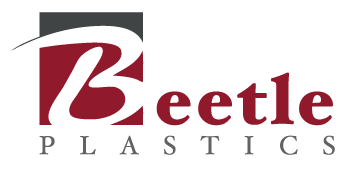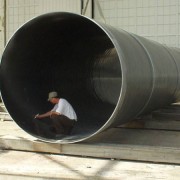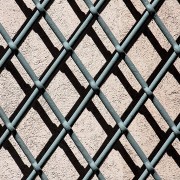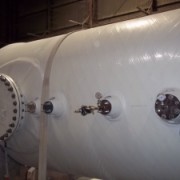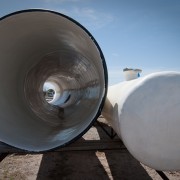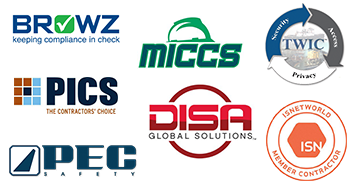International Corrosion Awareness Day
 April 24, 2013 marks the date of the fourth annual International Corrosion Awareness Day, started by the World Corrosion Organization; who’s mission is to promote education and best practices in corrosion control for the socio-economic benefit of society, preservation of resources, and protection of the environment.
April 24, 2013 marks the date of the fourth annual International Corrosion Awareness Day, started by the World Corrosion Organization; who’s mission is to promote education and best practices in corrosion control for the socio-economic benefit of society, preservation of resources, and protection of the environment.
Founded in 2006 by the Australasian Corrosion Association, the Chinese Society for Corrosion and Protection, the European Federation of Corrosion, and NACE International, the WCO is an international association of societies and organizations involved with corrosion management and control. In July of 2010 the World Corrosion Organization (WCO) was granted Non-Governmental Organization (NGO) status by the United Nations Department of Public Information Non-Governmental Organization (DPI/NGO) Section.
According to “Now is the Time,” a paper released by the World Corrosion Organization in the U.S. alone corrosion is a 2.2 trillion dollar problem that isn’t going away. According to George F. Hays, PE, Director General, the WCO believes that “We are at a unique point, when the tools and resources are all in place to match our needs and help us meet our goals. Now is the time to make government agencies, industry, and the public aware of the high cost of corrosion – to our environment, our resources, and humankind.”
The primary goals of world corrosion awareness day and the WCO are:
- To raise public awareness of corrosion and corrosion control: To develop and implement a Corrosion Awareness Day that is recognized worldwide in the way we recognize Earth Day. A worldwide Corrosion Awareness Day will help create public awareness of corrosion and what the public – individuals – can do to control it.
- To identify world best practices in corrosion management: To identify what are the best practices; that is, those practices which should always be used by the industrialized world. However, in many parts of the world, countries lack the resources to put in place what the industrialized world agrees are best practices and determine what would be the best practices most suitable for their socio-economic conditions.
- To facilitate the provision of corrosion control expertise to governments, industries, and communities: To work with the International Corrosion Council to make this information available particularly in the developing world.
- To normalize corrosion-related standards worldwide: To harmonize the standards that are already in use.
Moving forward, it is clear that Fiberglass Reinforced Polymer (FRP) will play a critical role, helping to solve many corrosion related problems. As a corrosion and abrasion resistant material, FRP is just one piece to the large and very complex corrosion puzzle, but the future is bright. FRP is growing in popularity, replacing conventional construction materials including many metal alloys and is currently used throughout the world in chemical processing, power generation, pulp and paper, mining and minerals, coal, petrochemical, wastewater, and desalination.
